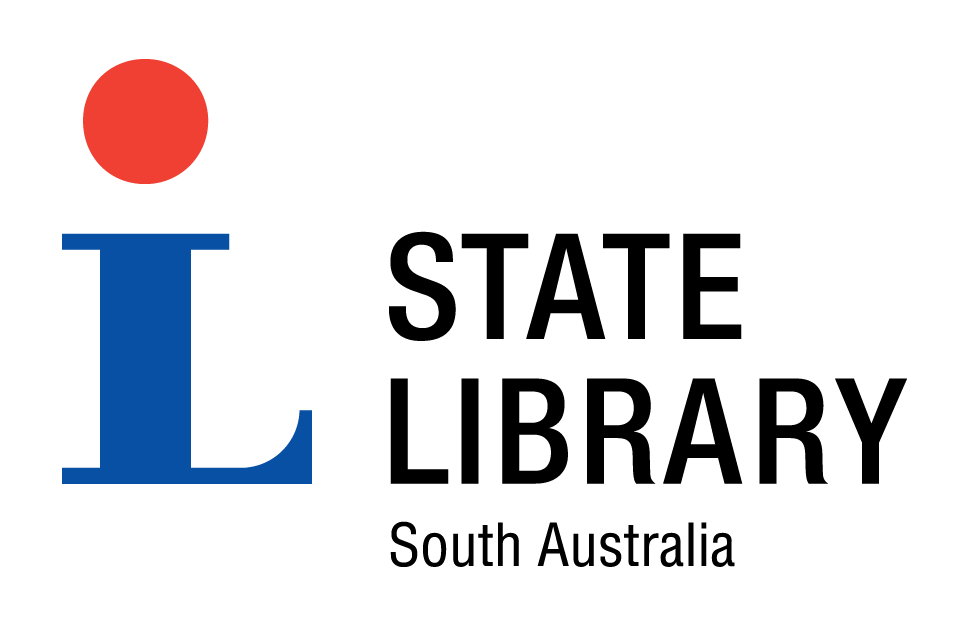
Incentive to explore Australia |
|||
|---|---|---|---|
| Title : | Incentive to explore Australia |

|
|
| Creator : | Banks, Joseph, Sir, 1743-1820 | ||
| Source : | Historical records of Australia, Series 1, volume 2, p. 231 | ||
| Place Of Creation : | Sydney | ||
| Publisher : | Library Committee of the Commonwealth Parliament | ||
| Date of creation : | 1798 | ||
| Format : | Book | ||
| Catalogue record | |||
| The State Library of South Australia is keen to find out more about SA Memory items. We encourage you to contact the Library if you have additional information about any of these items. | |||
| Copyright : | Reproduction rights are owned by State Library of South Australia. This image may be printed or saved for research or study. Use for any other purpose requires permission from the State Library of South Australia. To request approval, complete the Permission to publish form. |
| Description : |
In a letter of 18 September 1798, to John King, Under Secretary of State, Sir Joseph Banks writes that it is impossible that a continent the size of Australia does not have large rivers, and other commodities useful to England. He proposes an expedition to search the interior. Banks commences his letter by discussing the plant cabin that will be placed aboard HMS Porpoise to transplant living plants to Port Jackson. Among the plants to be taken out are hop plants for the brewing of beer, an attempt to wean the convicts and settlers away from hard spirits. However the most important matter to Banks in this letter is the question of the further exploration of Australia. To date (ie 1798) in New South Wales no large rivers, such as exist in Europe or America, had been found. Banks finds it difficult to believe that a country as large as Australia does not appear to have large rivers. He considers it a challenge that needs to be followed up, and suggests the noted African explorer Mungo Park. Sir Joseph Banks had accompanied Captain James Cook on the voyage of discovery of 1768 that resulted in the charting of the east coast of Australia. After his return to England in 1771 he became an authority on the southern continent, particularly so after his election as President of the Royal Society in 1778. In 1779 he had recommended Botany Bay as the site for a penal colony. He was a great supporter of the colony of New South Wales when it was finally settled in 1788 and sent out collectors to continue the search for plant specimens. He also supported explorers such as Matthew Flinders. Banks' belief that a land mass the size of Australia must have rivers of great size, that were navigable and lead to the centre of the continent was a spur for explorers long after his death in 1820, and was not wholly disproven for another 50 years. |
| Subjects | |
| Related names : | Banks, Joseph, Sir, 1743-1820 Park, Mungo, 1771-1806 |
| Coverage year : | 1798 |
| Place : | Australia |
| Further reading : | O'Brian, Patrick, Joseph Banks, a life London: C. Harvill, 1987 Carter, Harold B. Sir Joseph Banks, 1743-1820 London: British Museum (Natural History), 1988 Maiden, J. H. Sir Joseph Banks, the "father of Australia" Sydney: William Applegate Gullick, Govt. Printer; London: Kegan Paul, Trench, Trubner & Co. Ltd., 1909 |
| Internet links : | |
| Exhibitions and events : | State Library of South Australia: Mortlock Wing. Taking it to the edge August 2004- |


